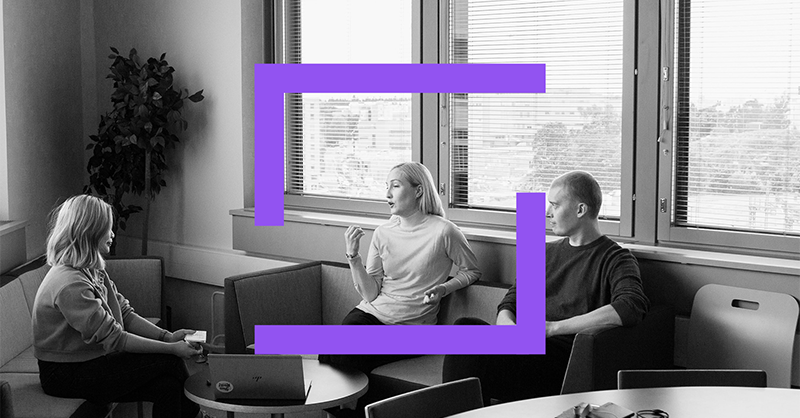We are social, tactile animals but in general, we have little physical contact with those who aren’t close family and friends. In cultures where it is used, a handshake at the start of a meeting may be the only time two people will touch each other, so it often becomes a highly symbolic and significant moment.
In this article, we unpack the powerful symbolism behind the humble handshake and show you how to use it to your advantage in your next negotiation.
Handshakes signal a willingness to negotiate
As the opening action in a face-to-face negotiation, the handshake is a moment of coming together that can set the tone for the entire process. People form impressions of each other very quickly when they first meet, and these judgements can be decisive inputs into the negotiation outcome. Consciously or unconsciously, you will be judged on your handshake. A firm grip with eye contact increases your chance of making a favourable impression on the other party.
During a negotiation, the handshake is often used to seal agreement on a point, and in some cultures, it can almost take on the role of a contract. In this context, it is a symbol of accord. At the end of a negotiation meeting, the handshake confirms the process, the result and the relationship with the other party.
Competitive handshakes signal power
A competitive handshake is usually a conscious tactic that is used to signal power and establish dominance. You’ll recognise this type of handshake when the other person:
- literally takes the upper hand
- uses an overly forceful grip
- deliberately avoids eye contact
- drops your hand too quickly.
By establishing symbolic physical superiority, this type of handshake can set a psychological marker that can significantly influence the negotiation process.
Cooperative handshakes confirm commitment
While world leaders might use handshakes to assert dominance, a handshake doesn’t have to be a power play. Recent research has emphasised the importance of handshakes in confirming commitment. It’s a strong psychological stimulus. Studies show that people will even trust a robot salesperson more if it shakes on the deal! Using cooperative handshakes can be a powerful tool to increase certainty in your negotiating relationships. They form part of the nonverbal process and they’re a vital and underappreciated cornerstone of successful negotiation.
To counteract competitive handshakes and use cooperative handshakes strategically, we offer the following tips.
Tips for negotiators
- Be aware of the influencing power of handshakes.
- Use cooperative handshakes to build a sense of relationship with the other party. Of course, if your strategy is to show power, choose a competitive handshake instead.
- Be aware of other parties using a dominant handshake as a negotiation tactic. As with other negotiating tactics, the most important way of dealing with a dominant handshake is to know about it. The psychological impact of a dominant handshake will be substantially reduced if you are conscious of the tactic and the intention behind it.
- To counteract a competitive handshake, change the physical and psychological dynamic. You can try to match grip strength, straighten the handshake or change the dynamic by placing your other hand on top. And don’t let your hand be dropped until you are ready to end the clasp.
- Remember that the handshake is part of the negotiation process, and therefore an element that you should plan for, manage and have control over.
How ENS can help
ENS consultants work with clients all over the world to help them and making the most of the influential power of handshakes is just one strategy that we share with clients to help them prepare for successful negotiations.
Want to know more?
To discuss this article in more depth and explore how you can develop your negotiation capabilities, contact us on the form below.










